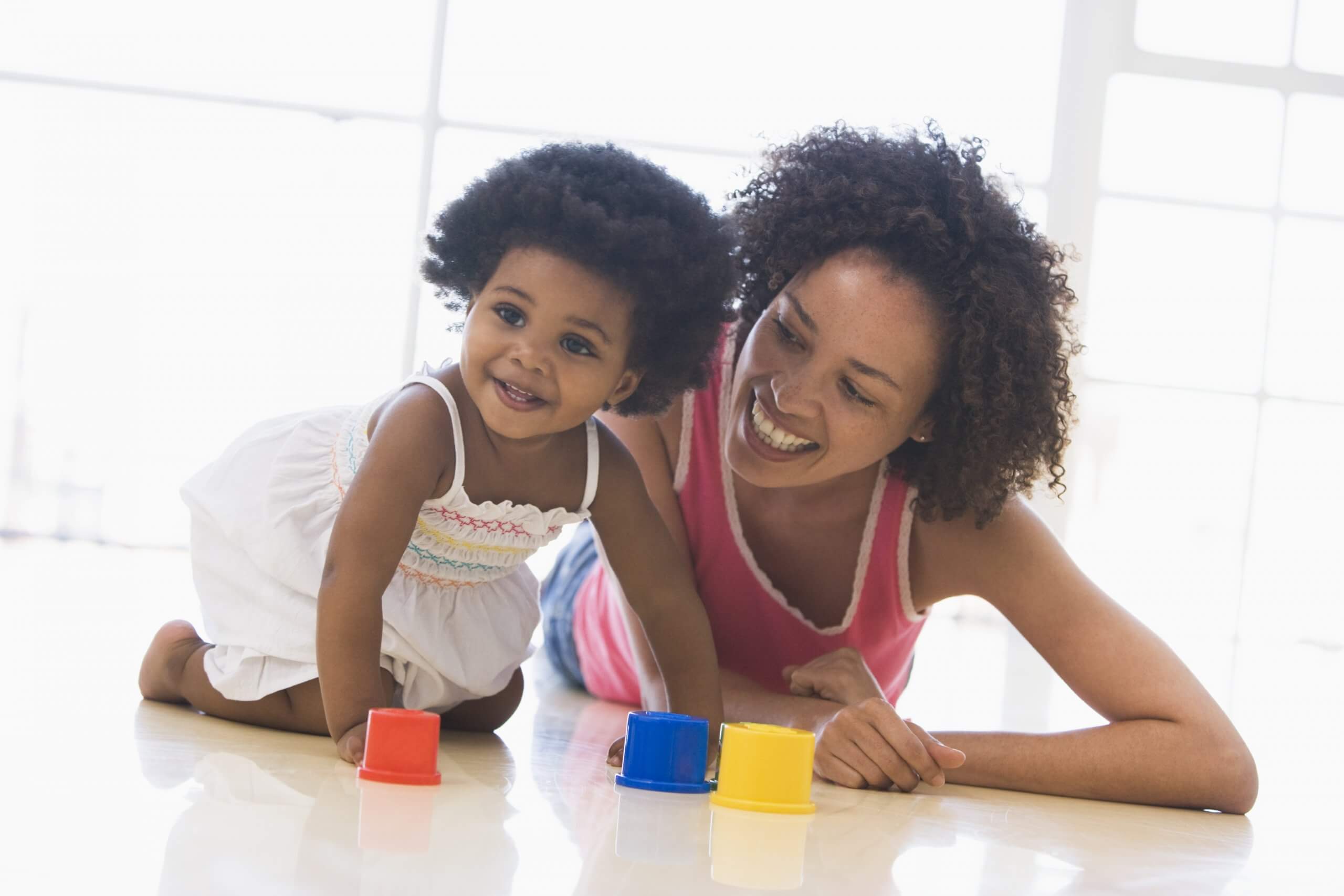Games and Activities to Practice Social Skills at Home

As we’ve mentioned before, communication, in general, is complex. So, for a child with Autism Spectrum Disorder (ASD), any improvements in social skills will mean improvements in other related areas, such as communication.
For example, in communicating, the child needs to be approachable—and understand what that entails—then needs to understand when it’s his or her cue to speak or communicate.
Conversely, if the child wants to communicate something, he or she needs to learn how and when to approach others to initiate the conversation.
So, if you can work on practicing social skills at home, you will be way ahead of the game so-to-speak for advancing in communication skills as well.
There are lots of games and activities you can do at home to work on a child’s social skills, and you can have some fun with them. Obviously, which exercises you choose to try will be a function of the child’s age, interests, and where he or she is on the spectrum. But here are a few suggestions.
Role Play:
- You can spell out an open-ended situation, such as “What do we do when the doorbell rings?” or “What do we do if we’re lost?” And then play through different scenarios because there are probably several right answers.
- You could write down several different situations on pieces of paper and draw them out of a jar at random.
- Set up a concrete situation like the child wanting to buy something that costs $1.99. One person can be the storekeeper and one can be the buyer. Then exchange roles.
- Please note that all children can benefit from these types of role playing games, not just children with Autism Spectrum Disorder (ASD).
Play Cards:
There are hundreds of card games available from the simplest to the most sophisticated and plenty of books devoted to the subject. All require someone to understand when it is their turn to play and when they must sit back and allow someone else to play. Players also have to learn how to act if they don’t want others to know what’s in their hand and bluffing!
This is useful because card playing can involve just two persons or as many as four or even six. In four-handed games, a savvy adult can easily play two hands.
Easy games include War, Concentration (trying to make matching pairs with all the cards face down), and Go Fish.
Slightly harder games include straight 10-card Gin, Whist (a precursor to bridge for four players), and 5-card draw poker.
If your kids are card sharks, then try Texas Hold’em, a variety of poker, or Canasta. You can make card playing more interesting once the child or children understand the games by playing for (fake) money: pennies or popsicle sticks or marbles or chips or chits you make yourself during your craft time.
Card playing also teaches skills like matching like things (pairs), counting (which card has a higher value), and can be a lifelong hobby. Another benefit is that cards are very portable, so you can take your games and activities with you anywhere, and you don’t have to be a great conversationalist to play cards if you master the social skills involved.
Hint: You could also try introducing Mahjong, which is similar to the card game Gin, except you play with tiles, and it’s always four-handed.
The Smell or Taste Game
Try blindfolding your child—if he or she is amenable to it—and having them do some blind smell or taste tests.
Peel and cut up several different types of apples and ask the child to rate them and try to identify them—when it’s his or her turn.
Have them smell some common herbs or spices from your cupboard, and again, try to describe them or rate them or identify them with pictures or words or numbers when it’s his or her turn.
All of these exercises teach a child to watch for cues that it’s his or her turn and how to initiate his or her turn to play or speak. You can all have a lot of fun, and there’s nothing expensive about any of these suggestions.






